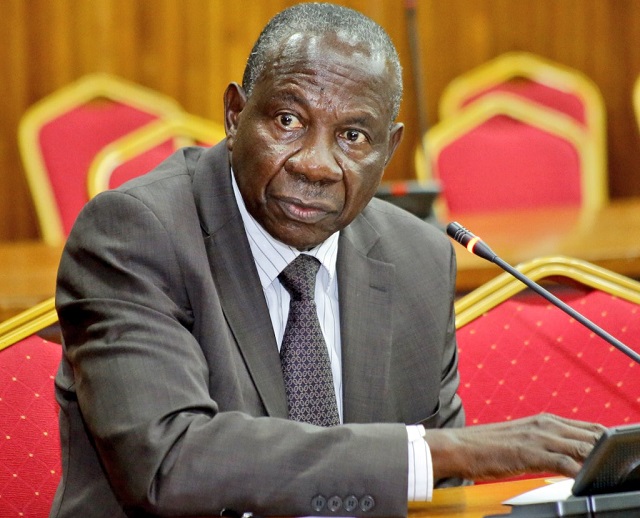
Kampala, Uganda | THE INDEPENDENT | The Ministry of Finance, Planning, and Economic Development will today launch the National Budget Month 2024/2025, to give the context around the 72 trillion budget for next year.
The Budget Month events are part of the ministry’s compliance with the Public Finance Management Act and accompanying regulations related to transparency and public inclusion in the budget process.
At the same event, which comes 9 days before the Budget Day, the Open Budget Survey results for 2023/24 will also be released.
The main objective of budget month activities is to create awareness about government priorities and strategies for the year 2024/25 and also provide accountability to the citizens on the key achievements for the current financial year.
It came as a surprise last month when parliament passed a record 72 trillion shilling budget, not only for it’s huge figure, but the big jump of about 20 trillion shillings from the 2023/2024 budget, with the main question being what the source of revenue would be.
It comes as the country is finding it harder to rise revenues especially as external budget support in terms of grants as well as soft loans dwindle, a fact admitted by the minister.
Domestic revenues are expected to raise 32 trillion shillings, with Uganda Revenue Authority tasked to raise 31.5 trillion, an increase of 19 trillion shillings from the current target.
This target is considered unachievable by many, including Members of Parliament.
URA has a history over the last several years f not hitting its target, save for 2022/23 when it exceeded it by 57 billion shillings.
This was attributed to the low target set due to the expected effects of the COVID-19 pandemic, which surprisingly were not as hash as expected.
The 14 trillion-shilling increase from the initial budget proposal of 58.34 trillion was largely driven by the Ministry’s debt to the Bank of Uganda worth 7.8 trillion that has to be cleared, if the ministry is to avoid sanctions by the International Monetary Fund an the World Bank.
The budget comprises recurrent expenditure of 18.9 trillion and development expenditure of 34.7 trillion shillings. Apart from tax revenues, the budget is expected to be funded non-tax revenues of about 800 billion shillings, domestic borrowing of 8.9 trillion, project support worth 9.5 trillion and domestic debt refinancing of 19.8 trillion shillings and budget support (grants and loans) equal to 1.3 trillion.
A total 3.1 trillion is planned for external debt repayment, and 9.5 trillion for project support, while 12 trillion shillings will for towards domestic refinancing.
Interest payment on loans is expected to take 9 trillion while 9.1 trillion shillings will go to repaying of domestic debt under the Bank of Uganda, while the Bank will also get 603 billion for recapitalisation.
Other expenditures include 293.9 billion for appropriation in aid. Permanent Secretary and Secretary to the Treasury, Ramathan Ggoobi insisted that the debt to the Bank of Uganda will not be paid by a loan.
He explains that the money is part of the additional 13.8 trillion shillings that was responsible for increasing the budget to 72.1 trillion from the original 58.
****
URN
 The Independent Uganda: You get the Truth we Pay the Price
The Independent Uganda: You get the Truth we Pay the Price


